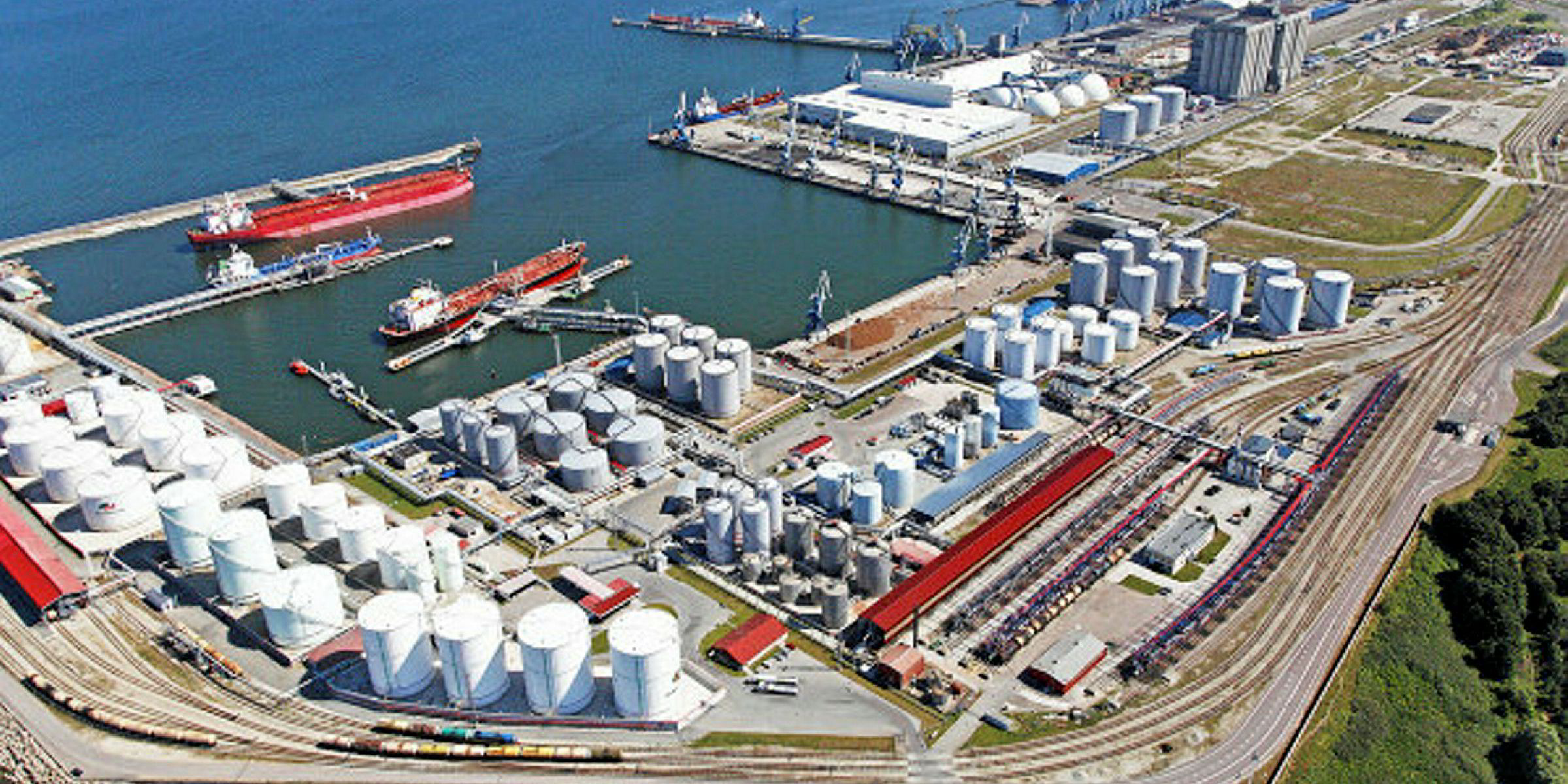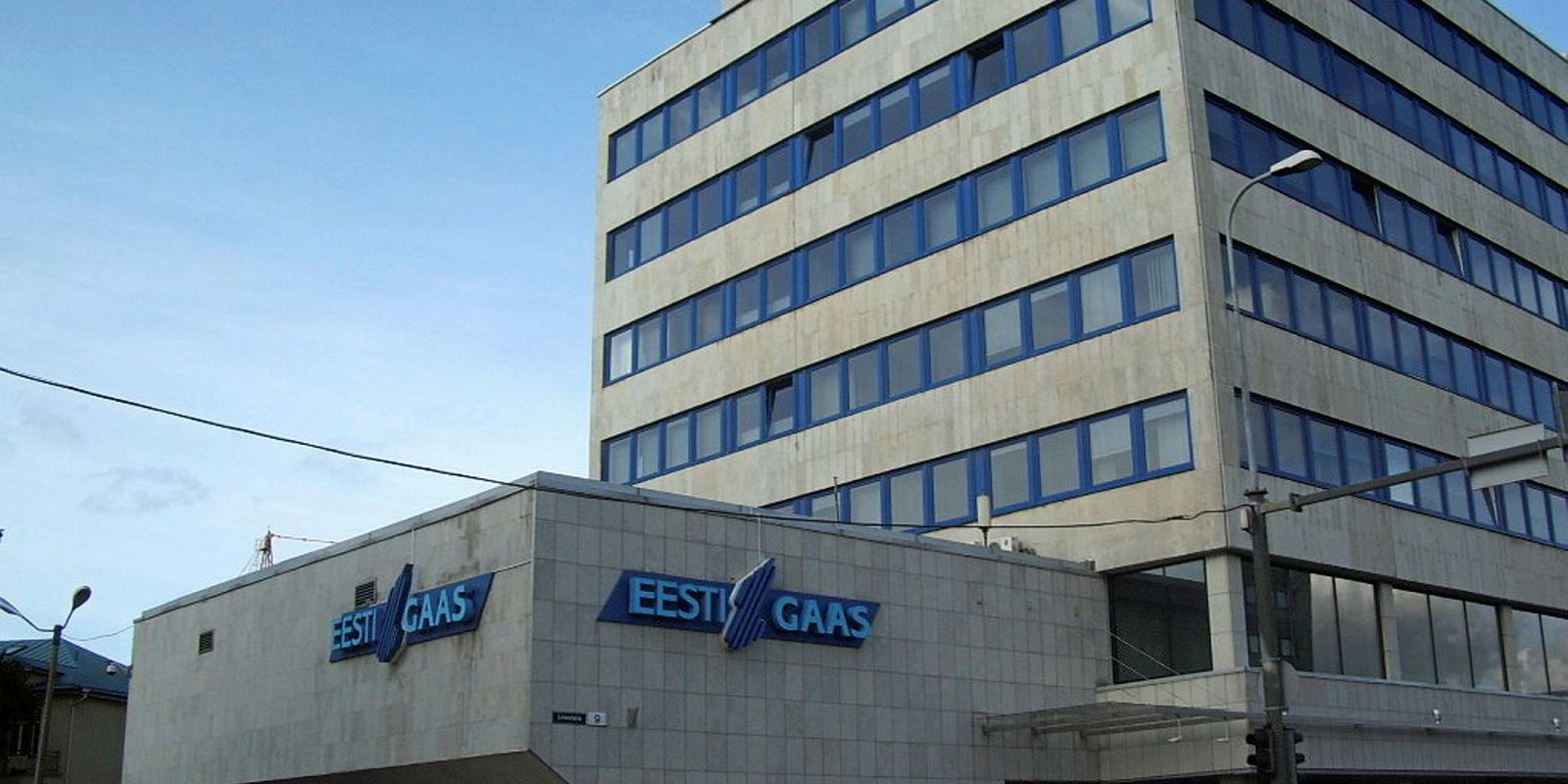The Port of Tallin has been the latest organization to promote LNG as a bunker fuel with a series if financial incentives.
The Estonian port says it will offer a discount of 4% on tonnage fees to shipowners from next year when they call at any of its harbours.
The goal of the discount is to contribute to the adoption of environmentally friendlier technologies in the Baltic Sea shipping sector, it said.
“Similarly to other ports in the European Union (EU) and Norway, the Port of Tallinn has set a course toward environmentally differentiated port fees, with the aim of reducing the amount of air pollution and marine pollution from ships’ waste handling and gaseous emissions,” said Ellen Kaasik, the head of quality and environmental management department at the Port of Tallinn.
“While currently cruise ships that sort their waste receive a discount on the waste fee, next year we will introduce a discount on port infrastructure fees for all ships that use LNG as their primary fuel.”
The Port of Tallinn said it also supports other initiatives and investments aimed at adopting cleaner technologies in the shipping sector.
“Unlike many other EU ports, Port of Tallinn also provides incentives for ships that have invested in scrubbers and accepts the waste generated by scrubbers without charging additional fees,” it said.
Kaasik said the Port of Tallinn also plans to continue a policy of environmental differentiation on port fees.
For instance, it says it plans to implement the Environmental Ship Index (ESI) energy performance system.
The ESI system, which has been implemented successfully in many EU and Norwegian ports, is based on the emissions of nitrogen compounds (NO x), sulphur compounds (SO x), solid particles (PM) and CO 2, and takes into account whether ships are connected to shoreline power and the use of power at ports.
“The implementation of differentiated port fees in various EU ports and a study regarding the impacts is part of the Green Cruise Port project cofinanced by the EU through the INTERREG BSR programme, which unites ports and cruise tourism sector companies in the Baltic Sea and North Sea countries,” the port said.
“The parties to the Green Cruise Port network are working on projects designed to integrate the Baltic Sea region into a better whole by way of innovative and sustainable solutions, taking into account the full potential of the cruise ship industry.”




